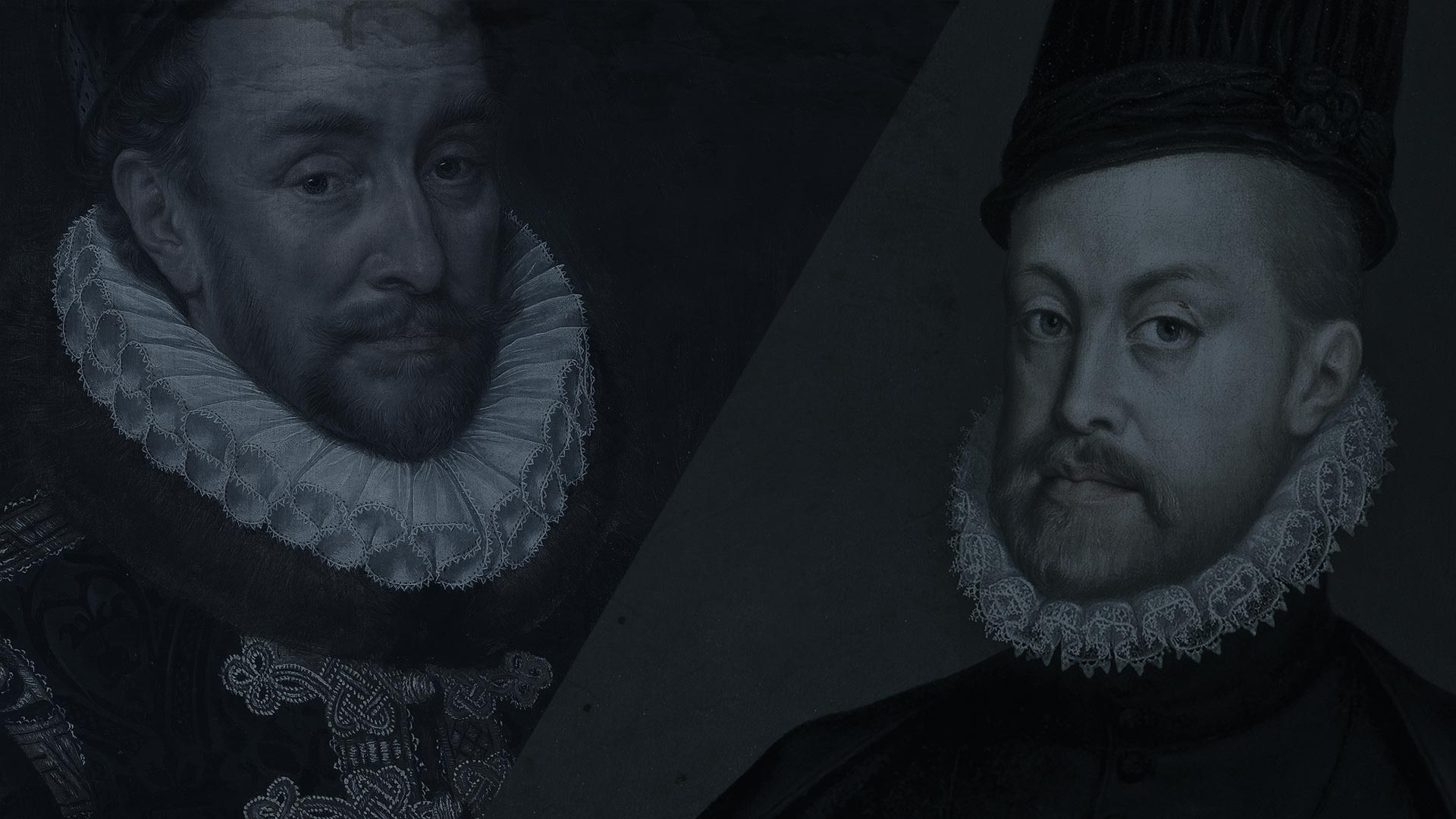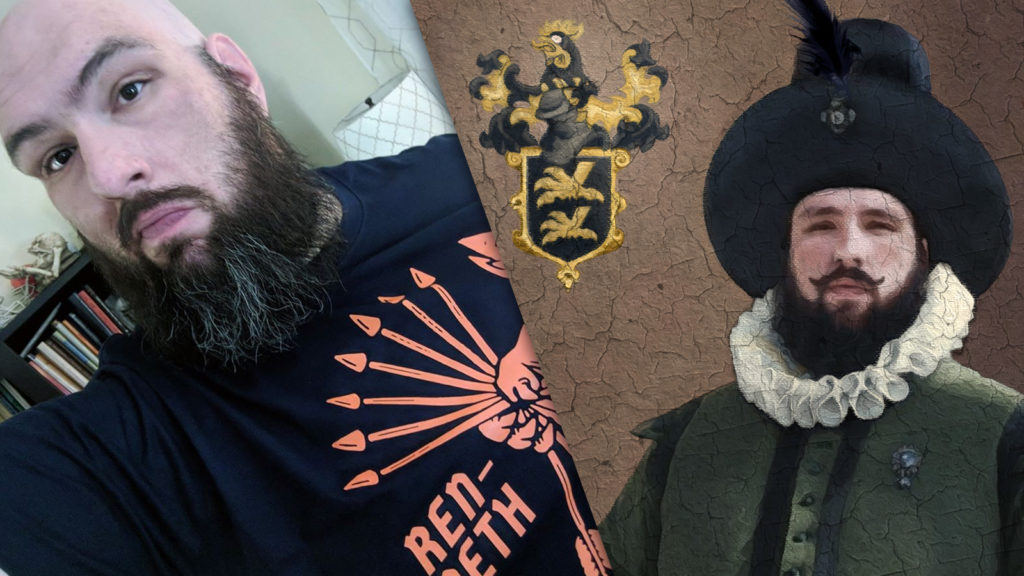
Exploring the Renaissance-Era Low Countries
Beginning in the middle of the 1500s, the seventeen difference provinces of the Low Countries would experience tremendous political and cultural upheaval—change that would birth the Dutch Republic and lead to its Golden Age.

I’m Will Phillips, a history enthusiast from the United States who’s found this time and place utterly compelling. I’m here to share these remarkable stories and provide resources for your own historical research.
Learn more about Renaissance Netherlands with Will Phillips ›
[pt_view id=”936cf12uvi”]
[pt_view id=”82e8c12cj9″]
Remarkable History in Your Inbox
Once a Month, Tops, I Promise